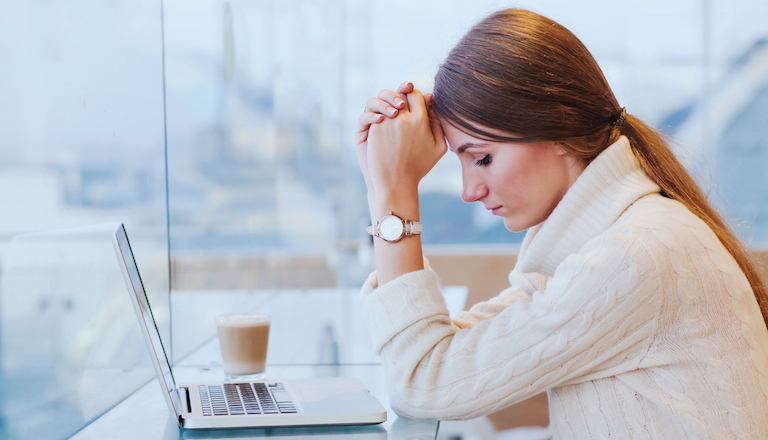Do you get anxious when you cannot check your Facebook or Twitter account? Believe it or not, that is a real disorder. Social media anxiety disorder is a mental health condition that is similar to social anxiety disorder. In fact, anxiety disorders are the most common mental health disorders in the United States. It seems that the more technology we acquire, the more stressed out we become. According to the experts, almost 20% of people with social media accounts cannot go more than three hours without checking them. So, what is social media anxiety disorder?
Most people who have social media accounts do not get nervous or stressed out when they are not able to check their notifications every five minutes. However, for those who have social media anxiety disorder, just being away from their Facebook or Twitter account for a few minutes can cause severe anxiety. Here are some of the most common symptoms of social media anxiety disorder:
- Interrupting conversations to check your social media accounts
- Lying to others about how much time you spend on social media
- Withdrawal from friends and family
- Trying to stop or reduce your use of social media more than once before without being successful
- Loss of interest in other activities
- Neglecting work or school to comment on Facebook or Twitter account
- Experiencing withdrawal symptoms when you are not able to access social media
- Spending over six hours per day on social networking sites like Facebook, Twitter, Instagram, or streaming online.
- Overwhelming need to share things with others on social media sites
- Having your phone with you 24 hours a day to check your social media sites
- Using social media more often than you planned
- Severe nervousness or anxiety when you are not able to check your notifications
- Negative impacts in your personal or professional life due to social media usage
- Overall, about 30% of those who use social media spend more than 15 hours per week online. This can greatly reduce your ability to enjoy real life. It can also cost you relationships, jobs, and education if you spend too much time online. If you are spending several hours a day on Facebook, Twitter, and Instagram, you are not going to have enough time to work, study, or spend time with loved ones. You may have social media anxiety disorder and it can also affect your health, both physically and mentally.
Physical Risks of Social Media Addiction
Spending too much time online has been proven to cause illnesses such as eye strain, neck pain, and lower back problems. In addition, the sedentary way we sit around and “talk” to people on Facebook can cause physical illnesses such as obesity, heart disease, nutrition problems, and a risk of stroke and certain kinds of cancers.
Mental Health Issues Caused by Social Media Addiction
Researchers have found that using social media obsessively causes more than just anxiety. In fact, testing has found that using too much internet can cause depression, attention deficit hyperactivity disorder (ADHD), impulsive disorder, problems with mental functioning, paranoia, and loneliness. It is more than just the pressure of sharing things with others, it is also about how you may be comparing your life with others you see on Facebook. Many people see that someone on Facebook who has a great job, excellent husband, and beautiful home and they feel happy for them. But, others can feel jealous, depressed, or may even feel suicidal about their own life if it is not as “perfect” as those they see on Facebook.
What You Can Do
First of all, just realize that many people who post all that great stuff on Facebook have a normal life just like you and me but they only put the good stuff on Facebook. If your life is not as awesome as some of the people you see on Facebook, it is not going to get any better by sitting there obsessing over it. You have to get out and enjoy your real life, not your social media “life” because that is not real life. If you are having trouble doing this or you just need to talk to someone, there are people who can help you with this. You do not have to have an appointment or even leave your home to do it. Talk to an online therapist or counselor now and you can feel better by tomorrow.
Originally published by: https://adaa.org


